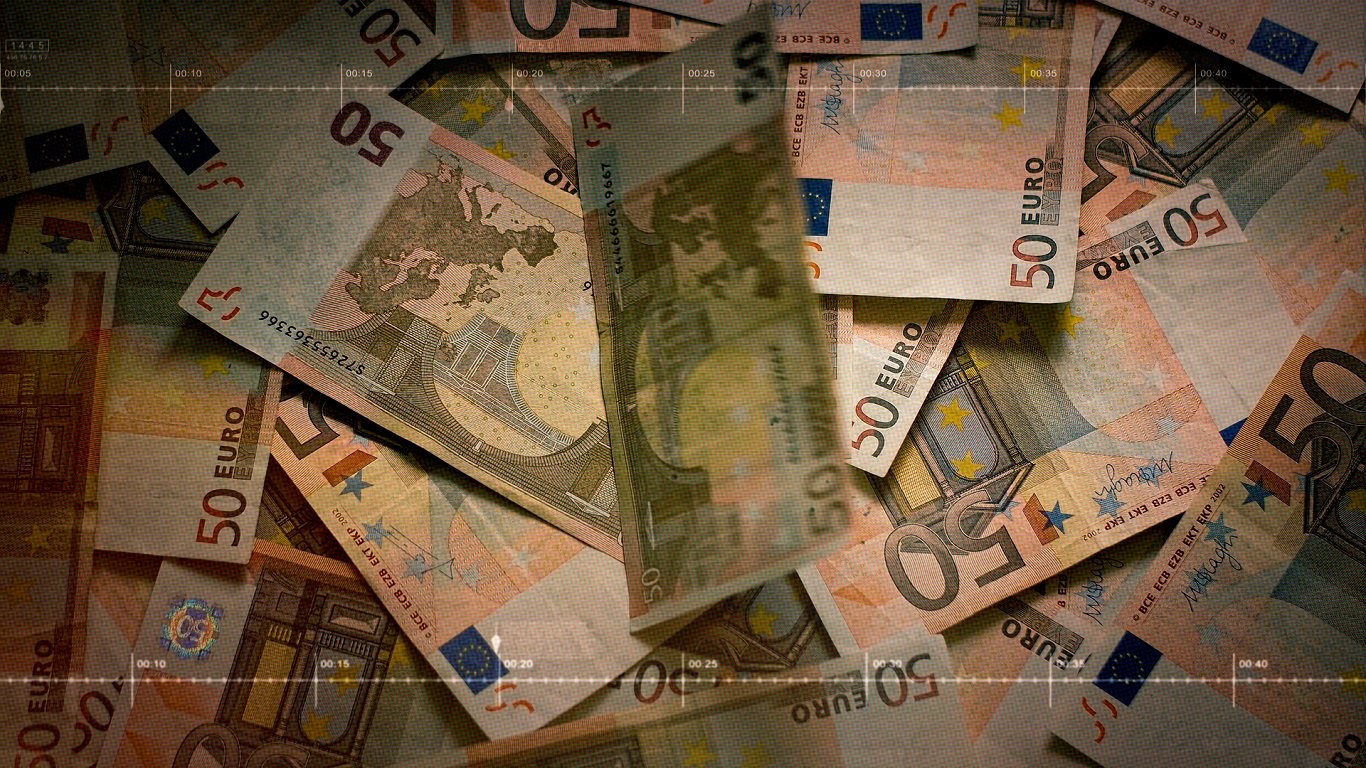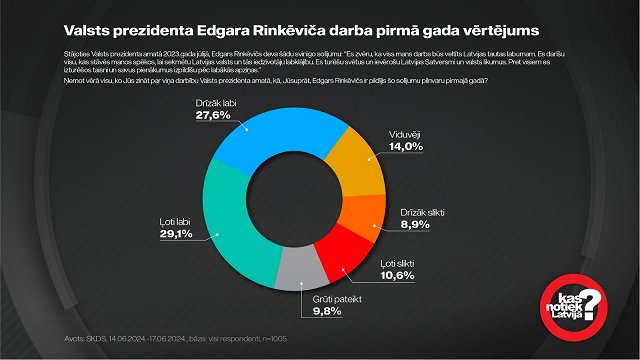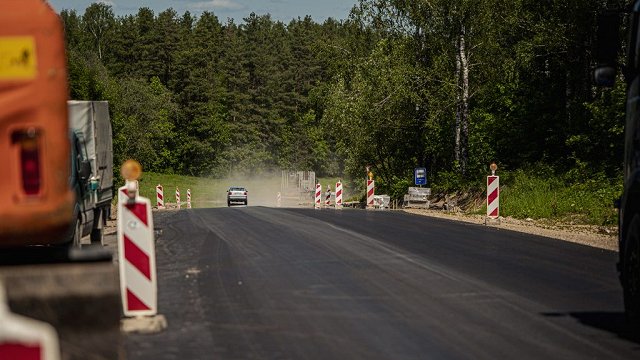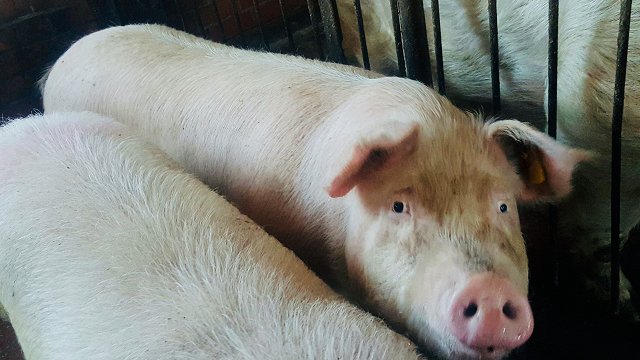The joint statement pre-empts the expected decision by the G7 leaders (Canada, France, Germany, Italy, Japan, UK, and US) at their upcoming meeting on whether – and how – to seize the nearly €300bn in Russian state assets frozen in western countries since Russia launched its war in Ukraine February 2022.
“As chairs and parliamentarians of our respective parliamentary foreign and European affairs committees, we collectively urge G7 leaders to explore all legal avenues to support Ukraine, starting with the creation of multilateral or bilateral loan facilities backed by the windfall profits generated by the frozen Russian assets,” they write.
However, they see this as only the first step.
“The ultimate objective must be to fully confiscate all Russian assets and transfer them to Ukraine, ensuring that this process adheres to international law. Russia’s war of aggression has already done almost €500bn in damage to Ukraine’s infrastructure – and that amount grows daily,” write the parliamentarians, referring to the fact that at least €3bn a month in outside financial assistance is required to prevent a collapse of Ukraine’s economy.
“Against numbers like these, confiscating €3bn in annual windfall profits on Russia’s frozen assets simply is not a sufficient response to the challenge Russia has issued to Ukraine and its friends in the democratic world,” they write.
The parliamentarians say in their joint statement that a multilateral or bilateral loan facility backed by windfall profits generated by the frozen Russian assets is estimated to only provide around €40bn-€50bn to Ukraine. “We see these proposals as a first step — not an alternative — to confiscating the nearly €300bn,” they state.
The parliamentarians affirm the need to step up our assistance to help Ukraine win this war — both for Ukraine’s democratic European future and for our own security.
“To do that, we need to be prepared to take big, bold decisions proportionate to the historical significance of our times. Our decision here will set a precedent either way. If we confiscate the entire €300bn in accordance with international law, we affirm the legal right to take countermeasures when a state like Russia grossly violates international law with its aggression,” the statement reads.
They see confiscating the full amount as sending a signal of our resolve to Vladimir Putin and other authoritarians who may seek to attack their neighbours that such aggression has severe financial consequences.
“Leading economists who support full confiscation point out that most market impacts were priced in at the time these assets were originally frozen two years ago — and that seizure in response to aggression would be too rare an occurrence to have major currency impacts. To do this, we urge the G7 to dispense with half-measures and to take the only step that will have the required impact — confiscation of all €300bn in frozen Russian central bank assets,” the parliamentarians write.
The joint statement was signed by chairs of committees and members of parliaments from the European Parliament and the parliaments of Belgium, Bulgaria, Czechia, Denmark, Estonia, Germany, Ireland, Italy, France, Latvia, Lithuania, Luxembourg, Moldova, the Netherlands, Poland, Romania, Ukraine, United Kingdom, and United States. The Chairman of the Foreign Affairs Committee of the Saeima, Rihards Kols signed the statement on behalf of Latvia.
In a joint call with my colleagues from other European and Foreign Affairs committees, we are urging G7 leaders to confiscate, in accordance with international law, the $300 billion in frozen Russian central bank assets and transfer them to Ukraine.
— Rihards Kols (@RihardsKols) June 12, 2024
This decisive action will…
The call was echoed by Baltic Foreign Ministers, including Latvia's Baiba Braže in a joint letter with her Lithuanian and Estonian counterparts, Estonian Foreign Minister Margus Tsahkna and Lithuanian Foreign Minister Gabrielius Landsbergis.
The foreign ministers of three Baltic States called on G7 states to work towards using immobilized Russian assets for the benefit of Ukraine.
“If aggression is left unpunished and the aggressor does not have to compensate for the damage done, it will send a message that aggression pays off,” the foreign ministers say in the letter.
According to the World Bank, nearly €500 billion is needed over the next decade for recovery and reconstruction and the entire reconstruction effort could reach up to €1 trillion.
“Reconstruction in Ukraine must not be the burden of our taxpayers, instead Russia must comply with international obligations and compensate all damages caused by its aggression,” the ministers emphasise.




























